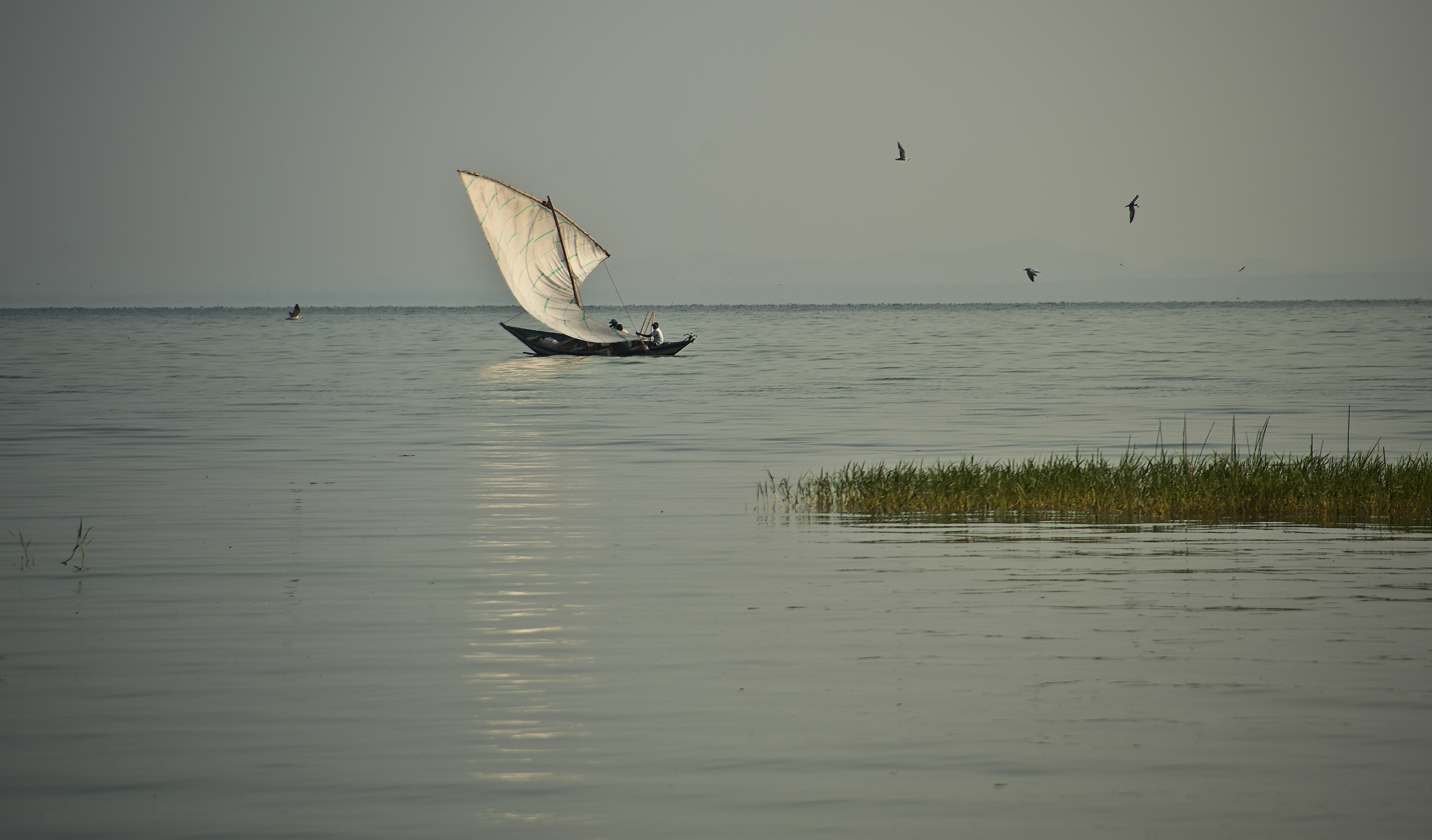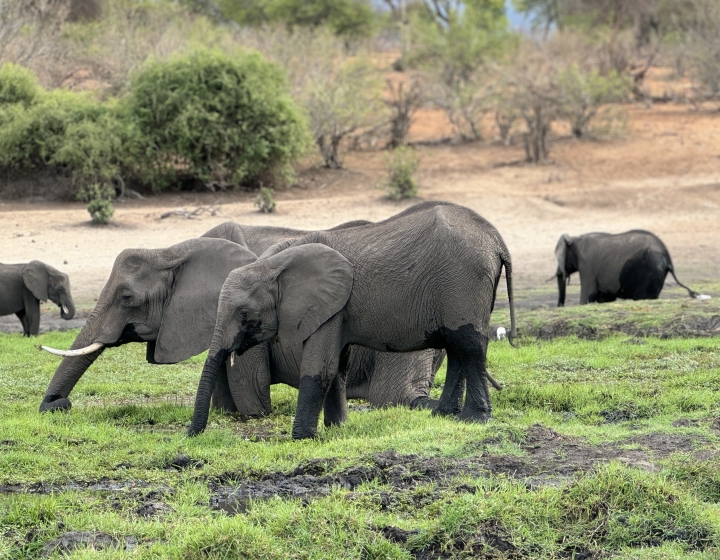Fishing for answers: Public health linked to fisheries in Lake Victoria
The decline of marine fisheries has received a lot of attention in recent years, but freshwater fisheries are also under tremendous pressure from pollution, climate change and overfishing.
“Inland fisheries are incredibly important,” said Kathryn Fiorella, assistant professor in Population Medicine and Diagnostics Sciences. “In a lot of places in the world, people are getting both a substantial part of their income from these fisheries and also relying on them as a food source.” In her research, Fiorella takes an interdisciplinary approach to understand the links between the health of inland fisheries and the people who depend on them at sites such as Lake Victoria in Kenya.
Lake Victoria fisheries have been in flux since the 1960s when British colonists introduced Nile perch, a giant fish that decimated more than 300 native fish species. An international export business grew up around Nile perch in the 1980s and 1990s. Workers flocked to Lake Victoria during the gold-rush era, at the same time that HIV spread unchecked through the region. But now, fish populations are in decline.
Fiorella studied health and fishing records to determine if sickness, whether from HIV, malaria or other illnesses, impacted a person’s fishing habits. “We found that when a person is sick, he’s much more likely to be fishing in ways that are illegal and destructive compared to when he’s feeling better,” said Fiorella.

Fishermen are more likely to cast their nets close to shore – a banned practice that disturbs fish breeding habitats – while ill. They are also less likely to harvest a more sustainable, sardine-like fish called dagaa, because it requires an all-night fishing trip. The work shows clear links between the deterioration of human health and the health of the environment.
Now, Fiorella is looking at the situation from the reverse perspective. She is examining if changes in fish populations are affecting the health, food security, and cognitive development of young children in households that rely on the fisheries.
By Patricia Waldron






